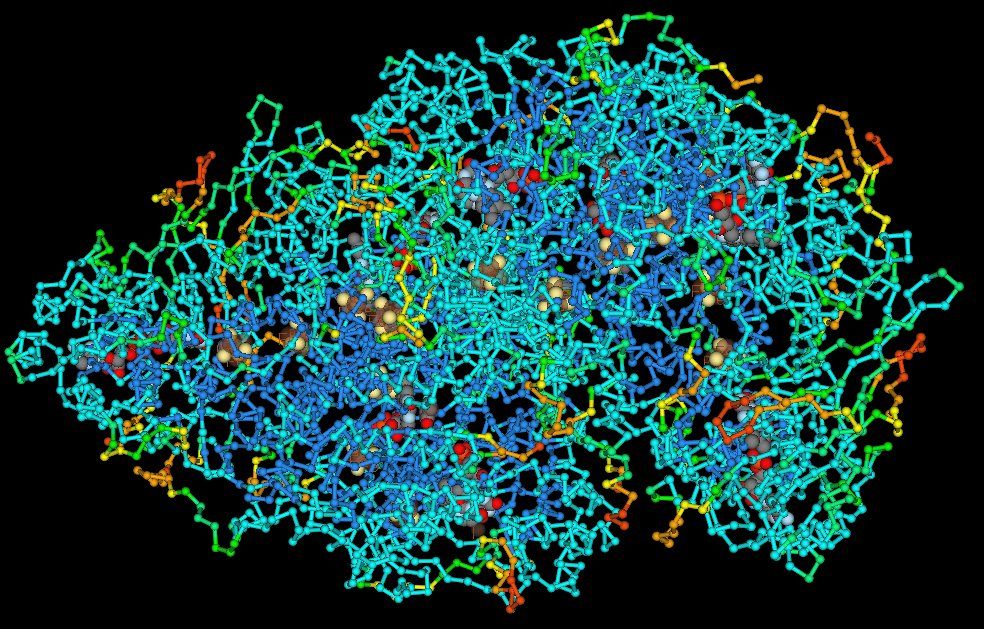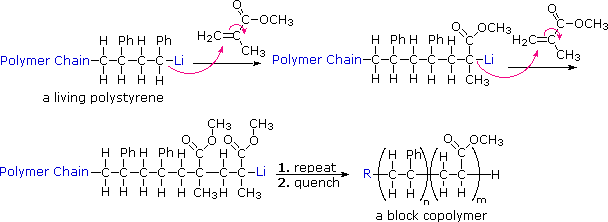Exploring the Varied Applications and Benefits of Polymers in Different Industries
Polymers, with their diverse series of homes and capabilities, have actually come to be indispensable in various industries, each gaining unique advantages from their application. Polymers. From boosting safety and security and efficiency in the vehicle market to changing clinical tools in the healthcare market, polymers play an essential duty. Moreover, their green nature is changing the landscape of sustainability methods. As we look into the depths of polymers in electronic devices, we uncover innovative developments, while their structural stability changes the world of building and framework. The prevalent impact of polymers throughout sectors is a testimony to their convenience and flexibility, shaping the future of many markets.
Automotive Market Applications
Polymers play a pivotal role in boosting the performance and resilience of numerous parts within the automotive industry. One famous usage of polymers in the auto industry is in the production of lightweight components.

Medical Care Sector Benefits
In various medical care applications, the advantages of utilizing polymers are extensively recognized for their varied variety of helpful residential properties. Polymers play a crucial role in the medical care sector because of their versatility, biocompatibility, and cost-effectiveness. One of the main advantages of polymers in health care is their capacity to be customized to specific requirements, such as adaptability, resilience, and biodegradability, making them perfect for a wide variety of medical applications.
Polymer-based materials are extensively used in medical devices, such as catheters, implants, prosthetics, and medication shipment systems, because of their biocompatibility and capability to simulate all-natural tissues. These materials can decrease the risk of allergic reactions or denials, boosting patient safety and outcomes. Additionally, polymers are lightweight, making them appropriate for wearable clinical tools and making certain patient comfort.
In addition, polymers allow the development of cutting-edge treatment methods, such as hydrogels for tissue design and nanocomposites for targeted drug delivery. Their ease of handling and sanitation makes them essential for maintaining high standards of hygiene in medical care settings. In general, the diverse advantages of polymers add considerably to advancements in medical innovation and client care.
Environmental Advantages of Polymers

Additionally, polymers can add to energy financial savings due to their lightweight nature. In sectors such as transportation, light-weight see this site polymer materials can help in reducing gas intake and greenhouse gas emissions. Furthermore, polymers can allow the development of energy-efficient items such as insulation materials that boost energy conservation in buildings.
In addition, polymers play a vital role in decreasing water contamination. The usage of polymer-based filtering systems can successfully eliminate pollutants and pollutants from wastewater, securing water resources and ecological communities. In general, the environmental advantages of polymers make them beneficial possessions in promoting sustainability and environment-friendly methods across numerous markets.
Polymers in Electronics and Modern Technology
Taking into consideration the boosting demand for cutting-edge and sustainable solutions in modern-day markets, the integration of innovative polymer modern technologies in the realm of electronics and modern technology has emerged as a critical strategy for driving performance and efficiency. Polymers have revolutionized the electronic devices market by enabling the manufacturing of lighter, extra versatile, and resilient digital devices. From find smart devices to clinical devices, polymers play an important role in boosting item style and capability.
One considerable advantage of polymers in electronic devices is their protecting homes, which help shield fragile electronic parts from ecological aspects and electric interference. In addition, polymers are crucial in the development of adaptable screens, wearable modern technology, and printed electronic devices, supplying limitless possibilities for producing smart and interconnected devices.
In addition, the use of polymers in digital packaging has actually led to improvements in miniaturization and thermal management, boosting the general efficiency and integrity of electronic systems. As innovation remains to evolve, the adaptability and adaptability of polymers will unquestionably drive even more development in the electronic devices market, forming the future of technology.
Duty of Polymers in Construction and Facilities
Polymers use various advantages in the construction industry due to their convenience, durability, and cost-effectiveness. One key duty of polymers in building and construction is their usage in finishings and sealants, giving defense against environmental variables such as dampness, UV radiation, and rust.
Furthermore, polymers play a critical duty in lasting building methods by enabling the development of energy-efficient frameworks. Insulating products made from polymers help regulate interior temperature levels, minimizing the need for home heating and cooling systems and eventually reducing energy usage. The use of polymer-based compounds in infrastructure jobs such as bridges and roads improves their long life and decreases upkeep expenses. In general, the incorporation of polymers in this page construction and facilities displays their considerable effect on modern-day engineering methods.
Conclusion
In conclusion, polymers play a crucial function in different sectors such as automobile, health care, ecological, electronic devices, and construction. From enhancing fuel effectiveness in lorries to boosting clinical tools, polymers supply countless benefits.
Comments on “High-Performance Polymers: Advanced Materials for Industry”